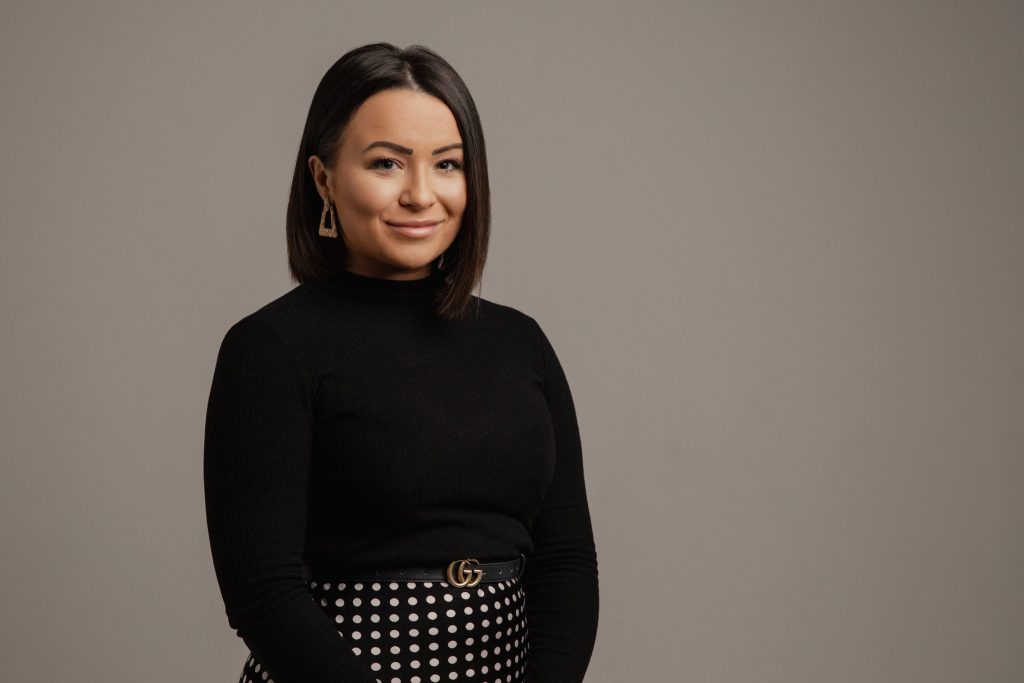
The best business & lifestyle stories from the North East and Yorkshire sent directly to you
As the world continues to rely more heavily on modern technology and social media, the need to stay safe online has become of paramount importance due to a number of reasons including cyberbullying, invasion of privacy, identity theft, as well as other issues like offensive or indecent content. Not only does this highlight the risks of using online platforms without the correct safety knowledge, but it also illustrates how necessary an online education is in today’s society.
According to a study done by the National Society for the Prevention of Cruelty to Children (NSPCC), in 2019, more than 15 per cent of children and young people between the ages of 11-18 have received requests to send images of a sexual nature online. Registered charity Barnardo’s did a study in 2019 where 78 per cent of their practitioners reported that children between the ages of 11 – 15 had accessed unsuitable or harmful content through social media. Statistics from Ofcom in 2020 displayed that more than half of 12–15-year-olds said they had experienced some form of negative interaction online. Among these encounters, the most likely to be cited was, “being contacted by a stranger online who wanted to be their friend” (30%). With multiple sources showcasing the need for cyber safety, it is important for both families and schools to take responsibility to educate the next generation.
With the aim to tackle this issue and protect as many people as possible, leading North East social media agency, The Social Co. has launched a specialist training academy to provide safety training, as well as expert digital advice to businesses across the UK. Headed by Zoe Pouton as Director of Training, they have also partnered with schools, colleges and universities to educate students on social media safety. The team has developed three variations of training to suit the needs of a range of learners, including Beginner, Intermediate and Bespoke.

Social media is now part of the day to day lives of many, meaning that the risks need to be highlighted and explained from an early age as 57% of children between five and seven have their own tablet and 14% have their own smartphone. Having access to social media also allows children to gain admission to a whole host of risks that accompany it including problems with mental health, cyberbullying, sexual abuse, fraud as well as many others.
The Social Co. Academy has put together the best tips to stay safe online when using social medi
2. Know what action to take and keep your security software up to date: If someone is harassing or threatening you, remove them from your friends list, block them and report them to the site administrator. Ensuring that you have the latest security software, web browser and operating system is the best defence against viruses, malware, and other online threats.
3. Understand that privacy and security settings exist for a reason. Learn about and use these settings on social media to protect yourself and others. These settings are there to help control who sees the content you are sharing online. They are there to help you control who sees what you post and manage your online experience in a positive way.
4. Keep personal information personal. Be aware of how much data you are sharing. The more you post personal information, the easier it may be for a hacker or someone else to use that information to steal your identity, access your data, or commit other crimes such as stalking. According to Ray Walsh, digital privacy expert at ProPrivacy, “anybody tagged in one of those ‘just for fun’ questionnaires via social media sites like Facebook is reminded that filling in those forms is a truly awful idea”. He continued: “Filling in online questionnaires that are specifically designed to extract valuable personal information from users, is a sure-fire way to end up being hacked”.
5. Keep your passwords strong. Creating a strong password will prevent hackers from gaining access to one’s account and using it to post spam or malicious attacks. When creating a password, it is important to choose one that consists of no less than eight characters. The characters should consist of both letters and numbers and should be changed approximately every three months.